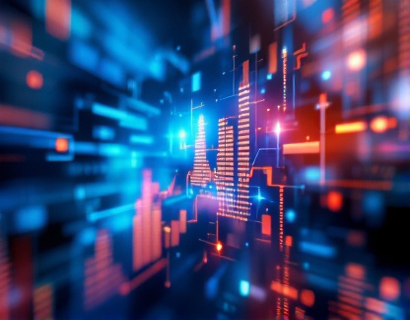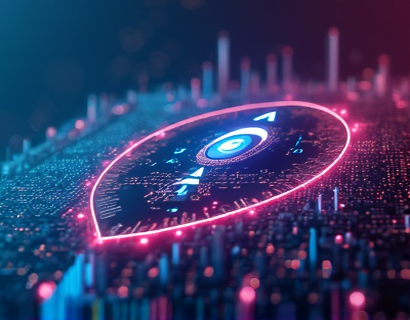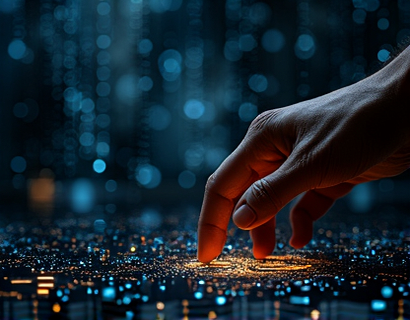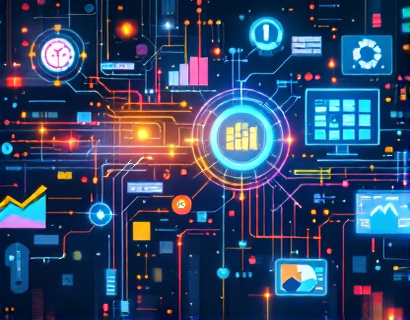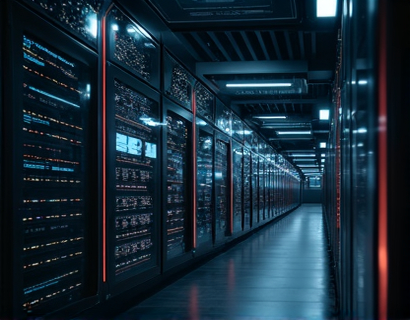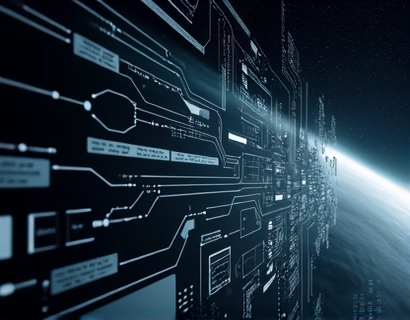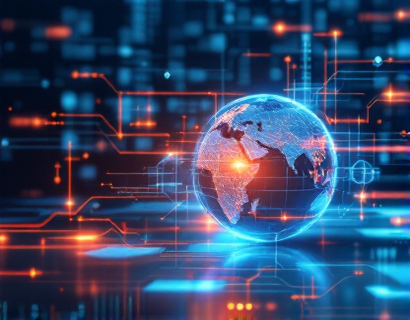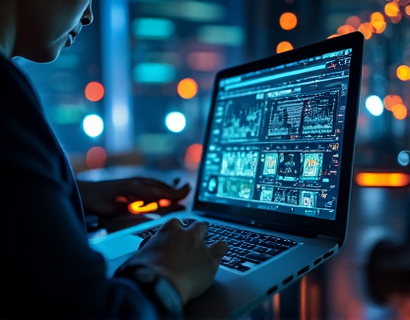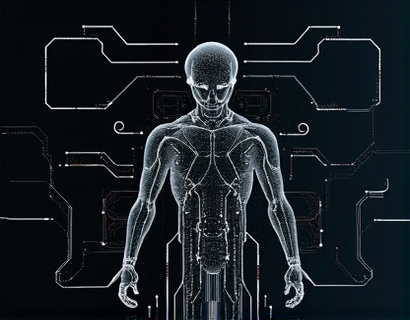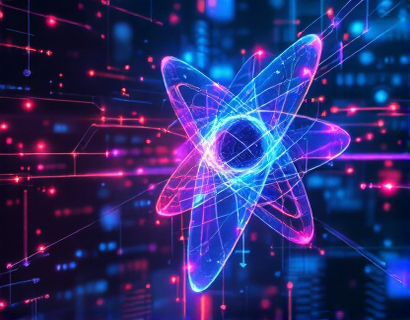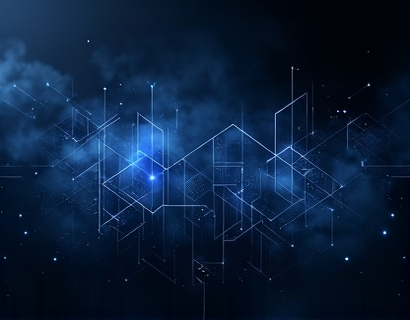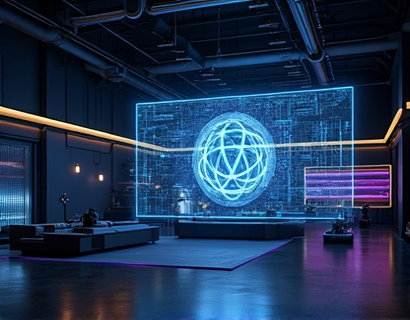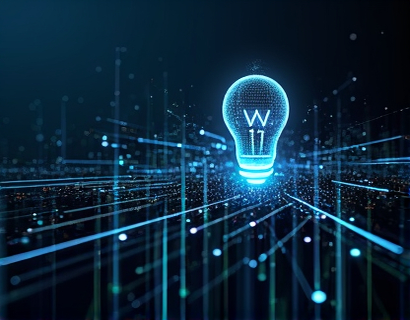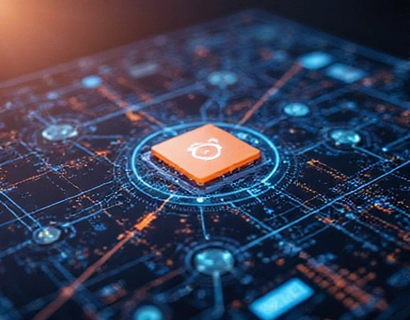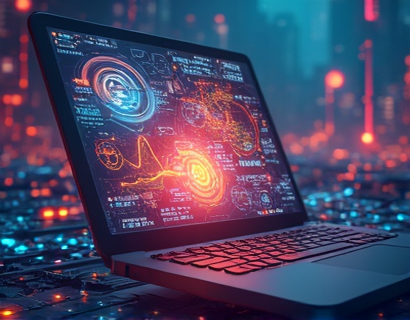Decentralized AI: Transforming Ucosystem Applications with Crypto Innovation
The integration of decentralized technologies with artificial intelligence (AI) is ushering in a new era of digital innovation. This convergence is not just a technological advancement but a paradigm shift that promises to revolutionize how we interact with digital applications and services. By leveraging the power of blockchain and AI, developers are creating decentralized applications (dApps) that enhance productivity, simplify daily tasks, and ensure greater security and transparency. This article explores the transformative impact of these technologies, delving into the latest advancements and the future of digital innovation.
The traditional centralized model of software development and application deployment has several inherent limitations. Centralized systems rely on a single point of control, which can become a bottleneck and a target for cyber attacks. Moreover, these systems often lack transparency and user control over personal data. Decentralized AI, on the other hand, distributes these functions across a network of nodes, eliminating single points of failure and enhancing security. This decentralized approach also empowers users by giving them more control over their data and interactions.
Understanding Decentralized AI
Decentralized AI combines the strengths of both blockchain technology and machine learning. Blockchain provides a secure, transparent, and tamper-proof ledger for data storage and transactions, while AI brings intelligent decision-making and automation. The synergy between these technologies enables the creation of dApps that are not only more secure but also more efficient and user-friendly.
One of the key components of decentralized AI is the use of smart contracts. Smart contracts are self-executing contracts with the terms of the agreement directly written into code. They automate processes and ensure that transactions are executed only when predefined conditions are met. In the context of AI, smart contracts can manage data access, model training, and inference services, ensuring that all operations are transparent and verifiable.
Enhancing Productivity with Decentralized Tools
The integration of decentralized AI into productivity tools is a significant leap forward. Traditional productivity software often requires users to trust a central authority with their data and operations. Decentralized alternatives remove this trust issue by distributing control across a network. For instance, decentralized project management tools can use AI to optimize task assignments, predict project timelines, and automate workflows, all while ensuring that data remains under the control of the users.
Consider a decentralized word processor. Using AI, such a tool can offer real-time collaboration, automatic grammar and style suggestions, and even content generation. All these features operate on a decentralized network, meaning that users can work together seamlessly without worrying about data breaches or loss of control. The AI component can analyze writing patterns and suggest improvements, all while the blockchain ensures that the document's version history is transparent and immutable.
Simplifying Daily Tasks with AI and Crypto
Daily tasks can be significantly simplified through the use of decentralized AI applications. For example, personal assistant dApps can leverage AI to manage schedules, set reminders, and even handle complex tasks like booking appointments or managing finances. These dApps can interact with various decentralized services, such as decentralized finance (DeFi) platforms, to automate financial transactions and investments based on user preferences and market conditions.
Another area where decentralized AI shines is in data management. Users can store their data on a decentralized storage solution, such as InterPlanetary File System (IPFS), and use AI to manage and analyze this data. AI algorithms can help in data organization, pattern recognition, and insights generation, all while maintaining user privacy and control. This setup not only enhances data security but also provides users with valuable insights without compromising their privacy.
Security and Privacy in Decentralized AI
Security and privacy are paramount in the realm of AI and cryptocurrency. Decentralized AI applications inherently offer stronger security measures compared to centralized systems. The distributed nature of blockchain technology makes it extremely difficult for malicious actors to manipulate or tamper with data. Additionally, the use of cryptographic techniques ensures that data is encrypted and accessible only to authorized parties.
Privacy is another critical aspect. Decentralized AI can implement zero-knowledge proofs and other privacy-preserving techniques to ensure that sensitive information remains confidential. Users can prove the validity of certain statements or transactions without revealing the underlying data. This level of privacy is particularly important in applications like healthcare, finance, and personal communications, where data sensitivity is high.
Challenges and Considerations
Despite the numerous benefits, the adoption of decentralized AI is not without challenges. One of the primary hurdles is scalability. Current blockchain technologies often struggle with high transaction speeds and significant energy consumption. However, advancements in blockchain architecture, such as layer 2 solutions and more efficient consensus mechanisms, are addressing these issues.
Another challenge is the user experience. Decentralized applications can be more complex to use compared to their centralized counterparts. Developing intuitive interfaces and user-friendly experiences is crucial for widespread adoption. Education and community support also play a vital role in helping users understand and effectively utilize decentralized AI tools.
Future Prospects and Innovations
The future of decentralized AI is promising, with ongoing research and development pushing the boundaries of what is possible. One exciting area is the integration of AI with other decentralized technologies, such as the Internet of Things (IoT) and edge computing. This convergence can lead to smarter, more autonomous systems that can process and analyze data in real-time, directly at the source.
Moreover, the development of AI models that are inherently decentralized, such as federated learning, is gaining traction. Federated learning allows AI models to be trained across multiple decentralized devices or servers holding local data samples, without exchanging them. This approach not only enhances privacy but also improves the robustness and generalization of AI models.
Another area of innovation is the creation of decentralized AI marketplaces, where developers and users can exchange AI models, data, and computing resources. These marketplaces can operate on blockchain platforms, ensuring transparency, fairness, and secure transactions. This ecosystem can foster a vibrant community of AI innovators and provide users with access to a wide range of AI services.
Conclusion
The convergence of decentralized AI and cryptocurrency is transforming the digital landscape, offering powerful tools that enhance productivity, simplify tasks, and ensure greater security and privacy. As technology continues to evolve, we can expect even more innovative applications and services that leverage the strengths of both decentralized systems and AI. The future of digital innovation is decentralized, and the possibilities are endless.




